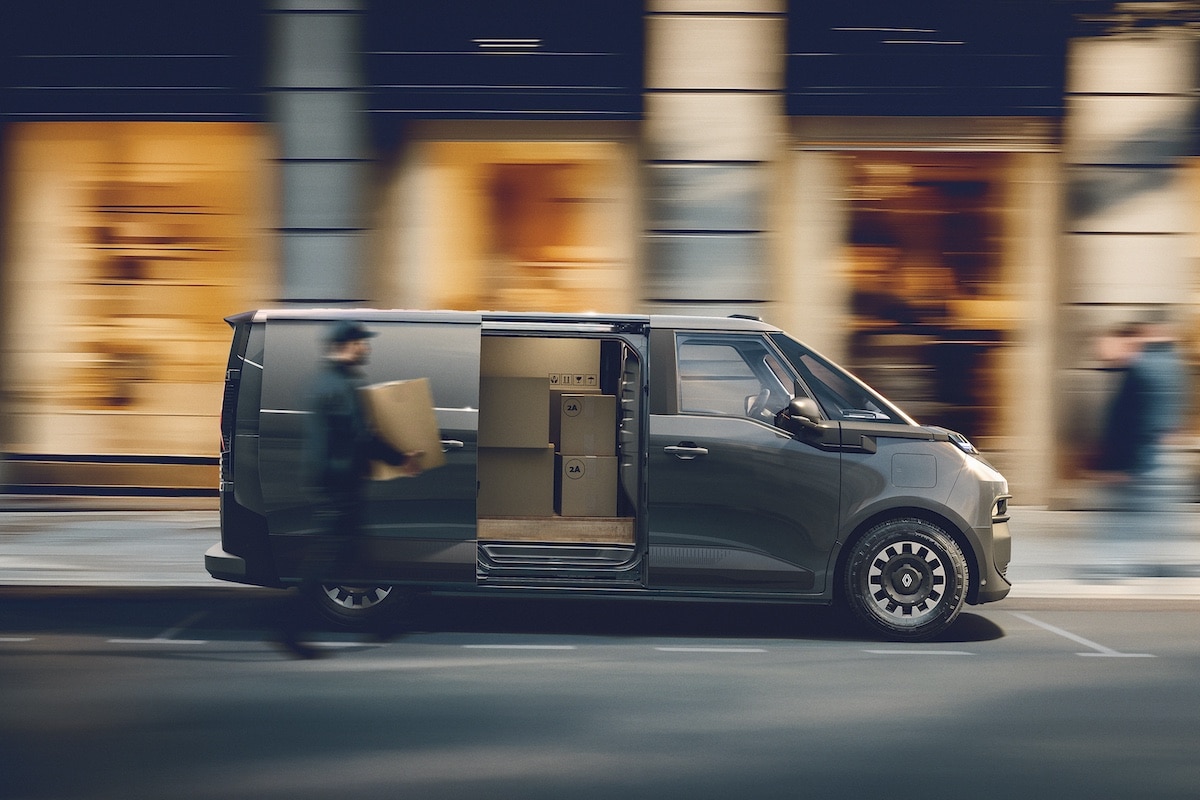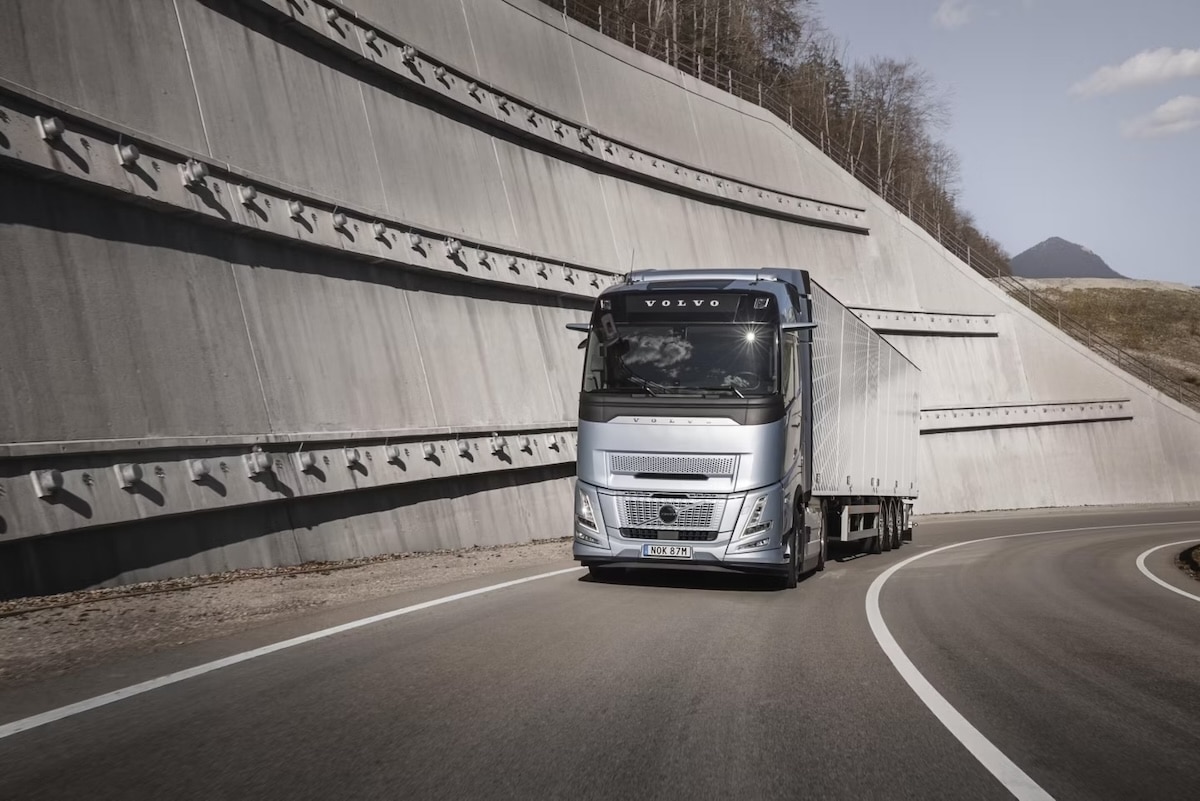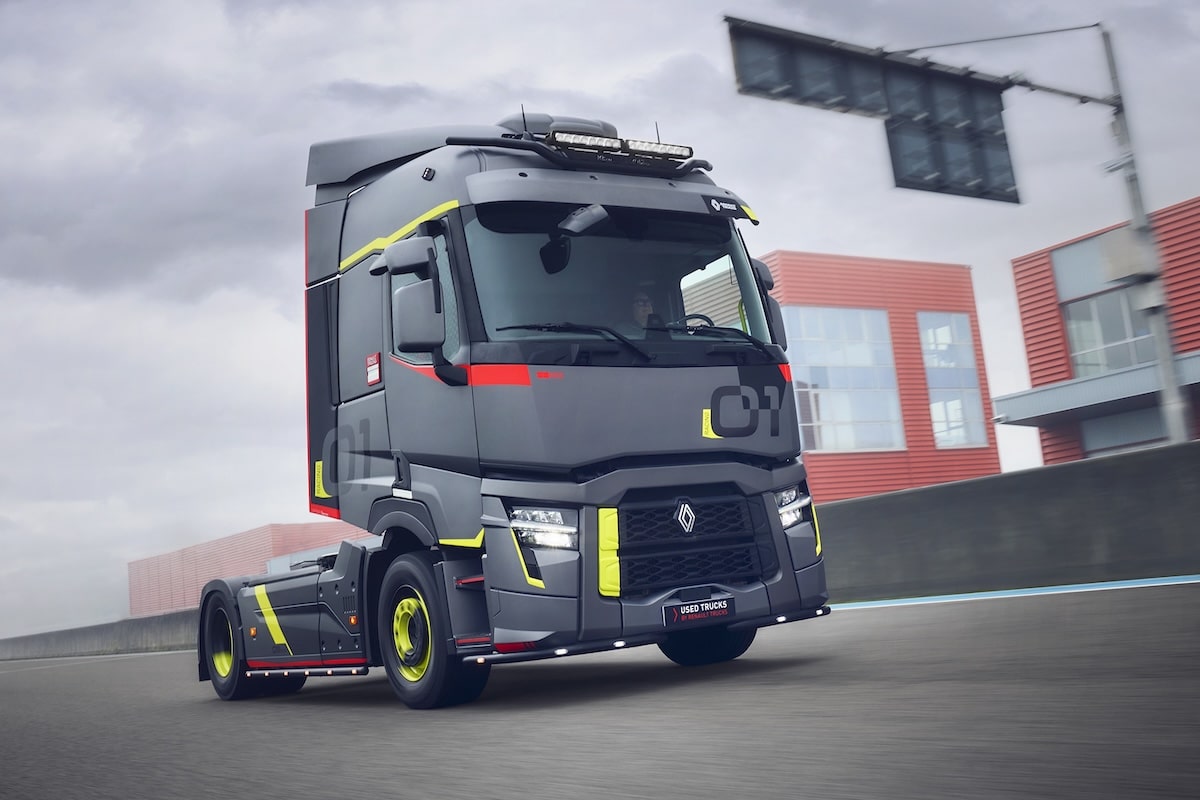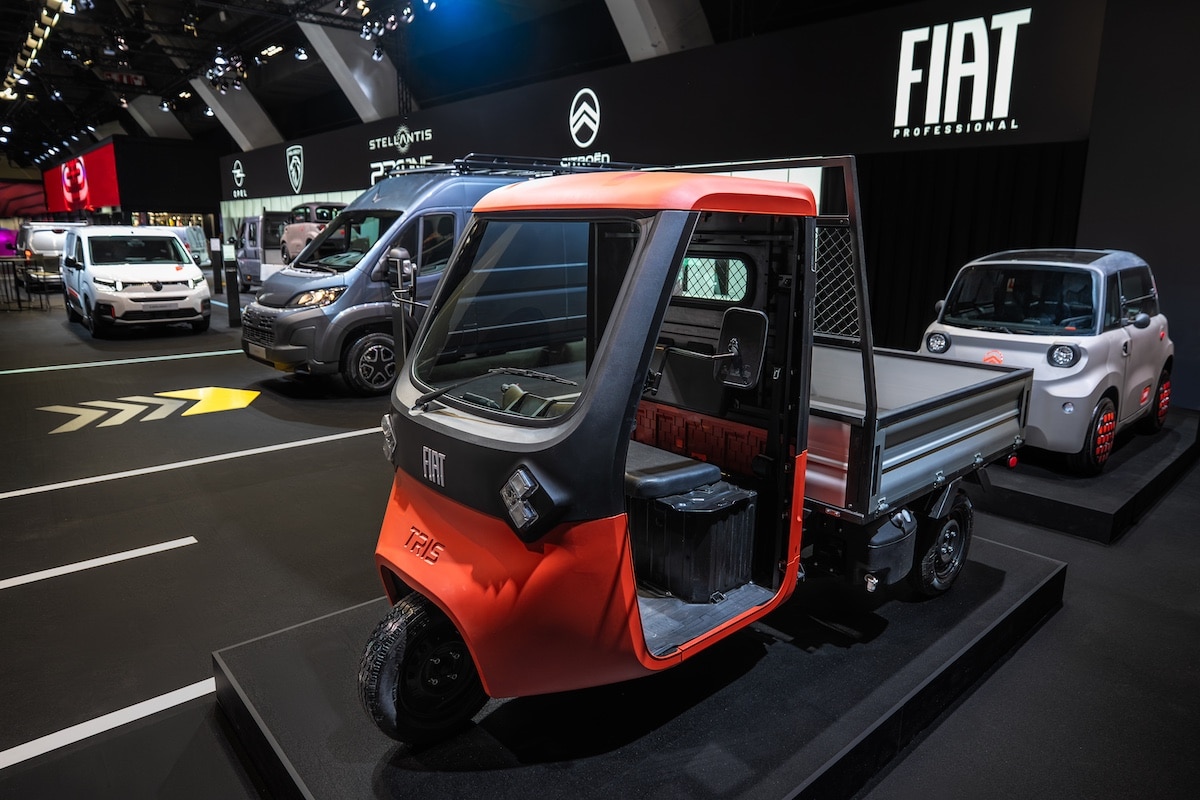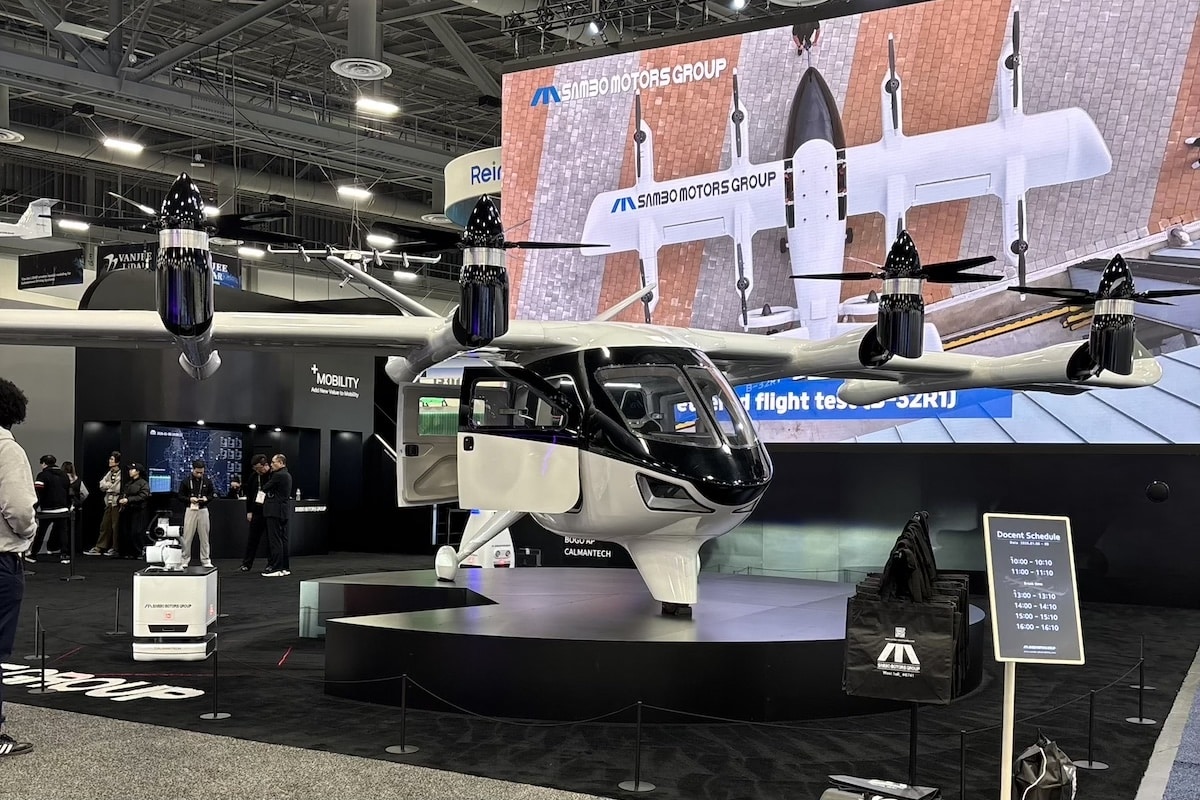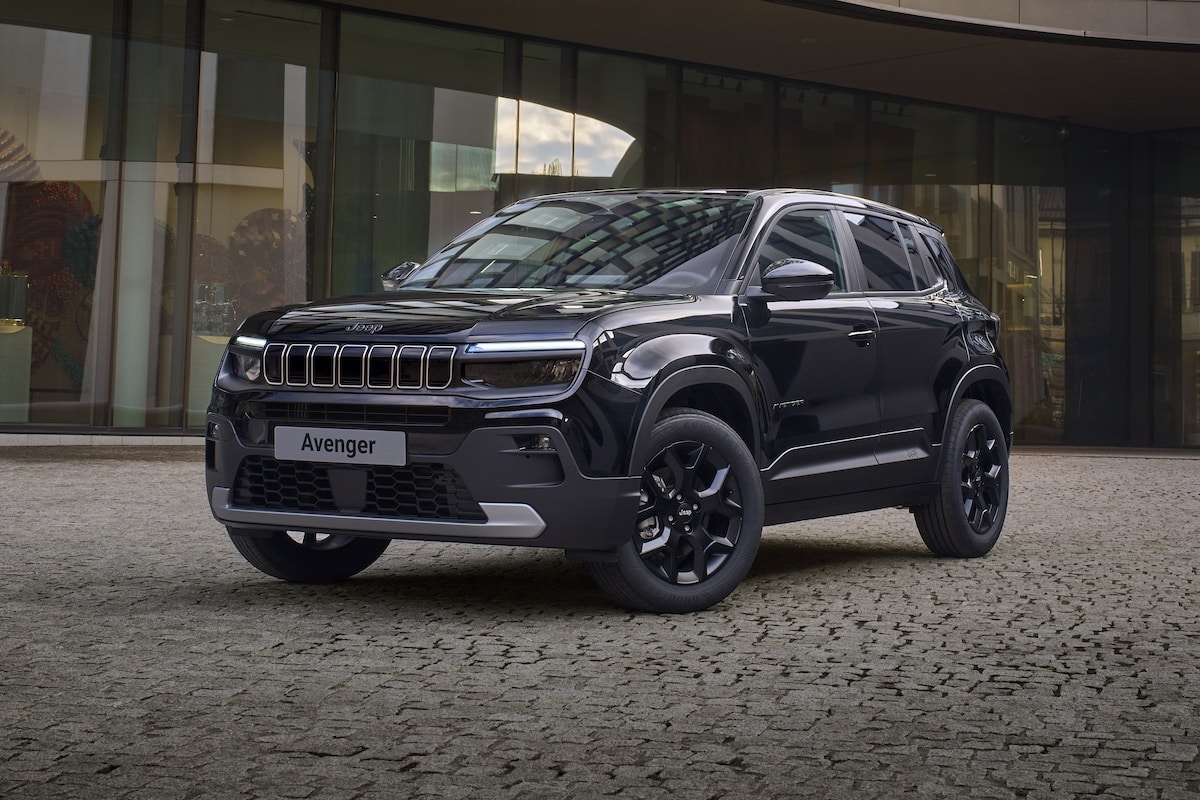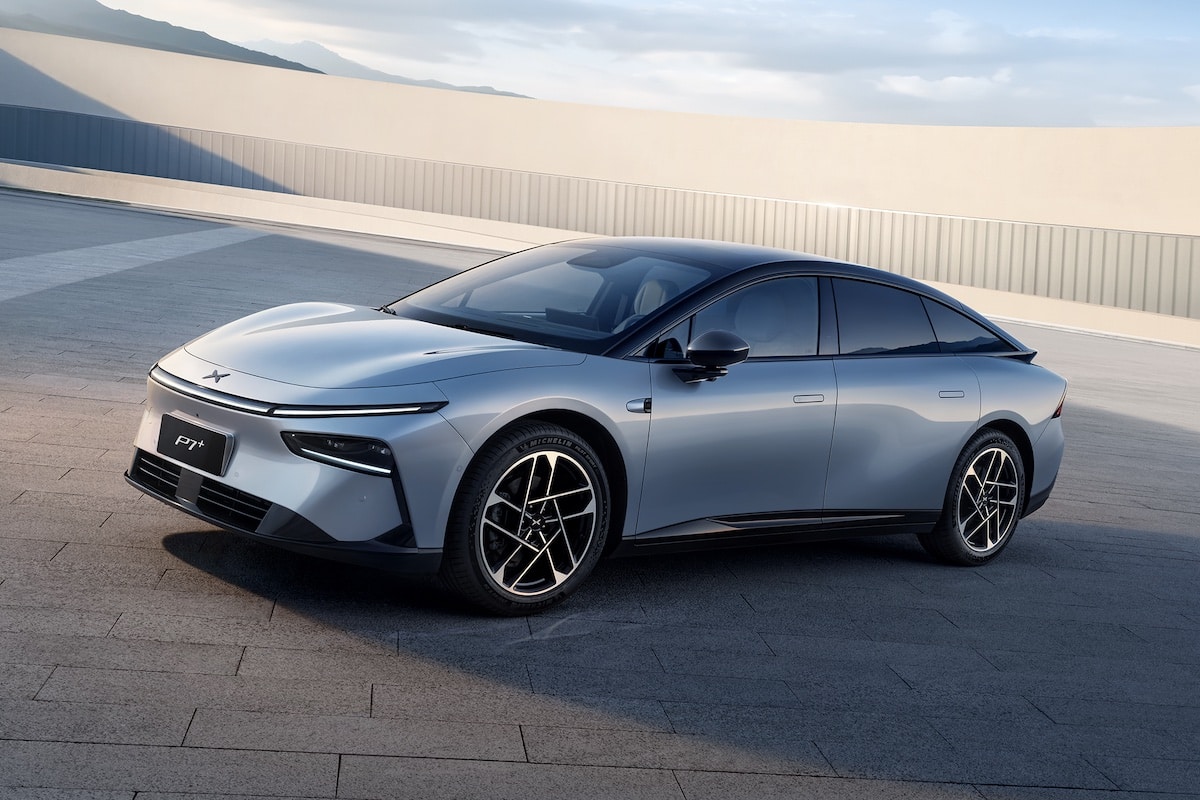Renault Trucks invests again in light mobility
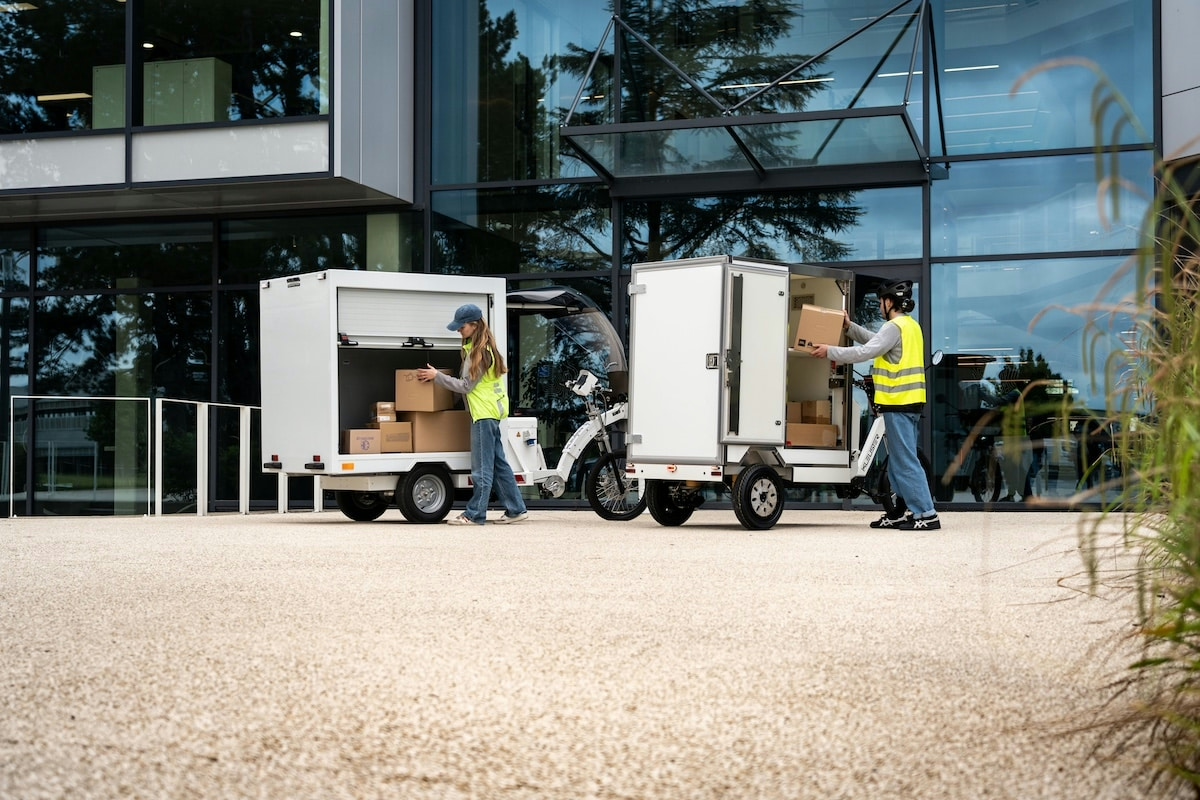
Renault Trucks and Kleuster unveil the Kleuster 350, a cargo bike designed for urban professionals.
Renault Trucks and Kleuster strengthen their partnership in the field of cycling logistics with the launch of the Kleuster 350, a new cargo bike intended for intensive professional use. This model complements an already rich range of seven configurations, designed to meet the diverse needs of professionals operating in cities or suburbs.
Born from the collaboration between Renault Trucks, a recognized player in the heavy truck industry, and Kleuster, a specialist in utility cargo bikes, the Kleuster 350 is assembled in the Renault Trucks factory in Saint-Priest. It benefits from the manufacturer’s industrial expertise and is distributed through its national network.
The Kleuster 350 stands out for its robust design, without chains or traditional mechanical transmission. It employs an electronic pedaling system and a rear wheel motor, limiting maintenance and improving availability. It is equipped with front and rear suspensions, a turning radius reduced to 2.4 meters, and swappable batteries offering up to 35 km of range.
Developed according to the upcoming EN 17860 standard and enhanced with additional safety features, the Kleuster 350 is available in two versions: the Box model, with a closed and compact container ideal for urban deliveries, and the Pick-up model, featuring a modular open platform, suitable for transporting equipment and technical interventions.
A light answer to a heavy demand
Since 2012, Kleuster has been developing its models in collaboration with end-users, such as Transcan or Suez. All bikes are tested under real conditions, notably on the independent site Transpolis, where the Kleuster 350 has covered 30,000 km in endurance testing.
The development of such vehicles addresses major challenges: reducing urban pollution, decongesting city centers, and adapting to low emission zones (LEZ). Cargo bikes, which are up to 60% faster than utility vehicles in the city, increasingly attract businesses and benefit from growing support from local authorities through infrastructure and purchase subsidies.
ALSO READ: The cargo bike according to Toyota
This page is translated from the original post "Renaut Trucks investit encore dans la mobilité légère" in French.
We also suggestthese articles:
Also read
